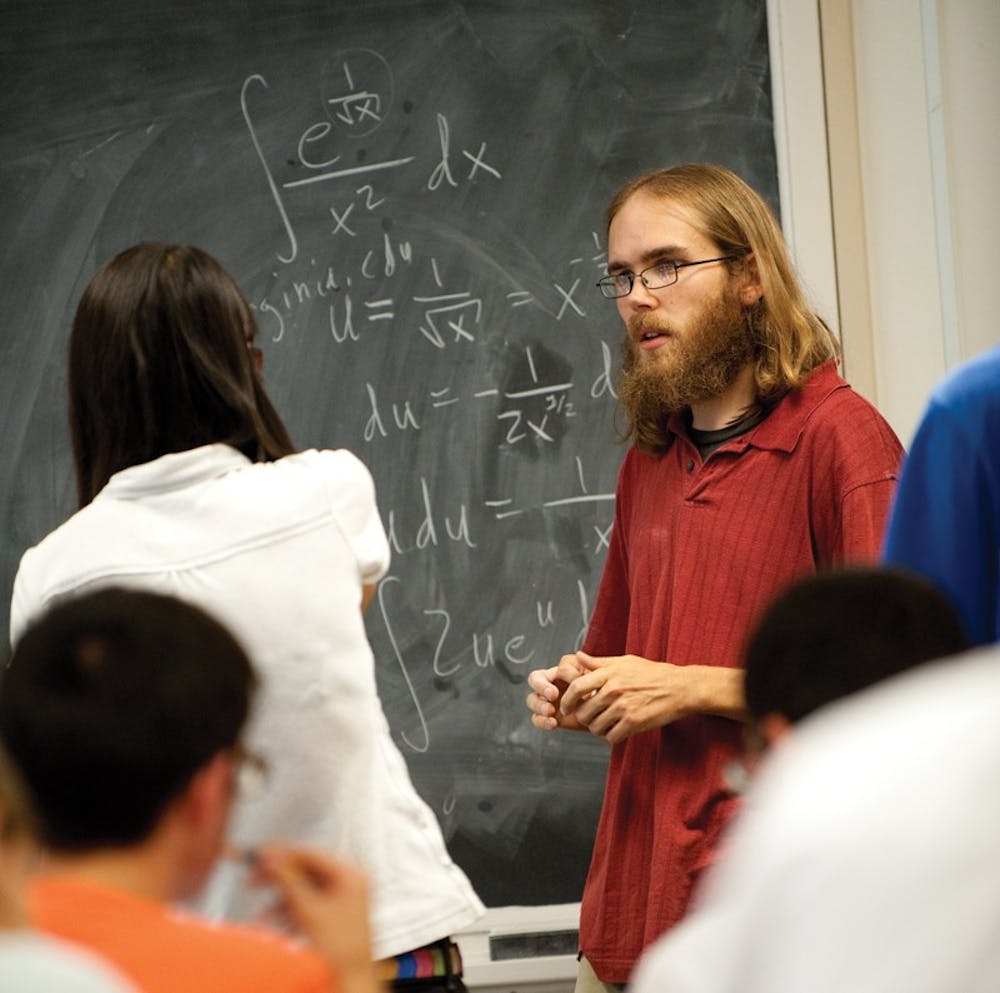Graduate students concentrating in the science, technology, engineering and math, or STEM, fields may benefit more from teaching and conducting research than by simply researching, according to a study completed by a University professor that was published in Science magazine earlier this month.
Education School Asst. Prof. David Feldon, who tested 95 students at three different universities between 2007 and 2010, found at the completion of an academic year, teaching spurred greater growth in the graduate students' abilities to produce testable hypotheses and design experiments from those hypotheses.
Feldon accredits practice and the "self-explanation effect" for these advantages.
"When teaching, participants needed to think through the problems with which their students were struggling," he said in a press release. "The more they worked with their students on these challenges - generating hypotheses and figuring out effective ways to test them - the more they practiced their own research skills."
All STEM doctorate students in the Graduate School of Arts & Sciences are required to teach, and virtually every doctorate program in the College enforces the same rules, said Philip Zelikow, associate dean of graduate programs.
"They usually teach several courses, and some of them teach as many as seven, eight, nine courses," he said, noting teaching as "one of the important ways in which they get support from the University."
Although graduate students typically serve as teaching assistants, they sometimes work as full-time instructors in classes such as ENWRs, Zelikow noted. "Many of [the graduate students] want to show to future employers that they have teaching experience," Zelikow said.
Zachary Bradshaw, a Graduate student and Applied Calculus I instructor, said he is skeptical of the findings.
"[Teaching] keeps your head out of the clouds," he said, but added, "I don't know if it has really helped with my research, per se."
Although teaching opportunities are not imperative for postgraduate success, "these opportunities bolster learning, accelerating it," Feldon said.







